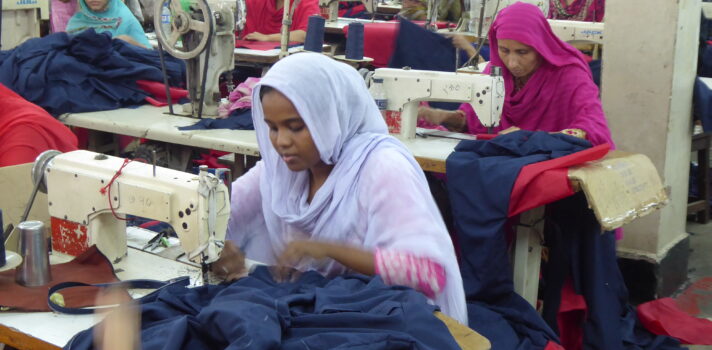TORONTO – Canada’s provincial governments must rectify deeply entrenched, fatal flaws in the workers’ compensation system that continue to ruin lives and exacerbate the opioid crisis, the United Steelworkers (USW) says.
“A national media exposé this week has documented the disastrous human toll wrought by the failings of Canada’s workers’ compensation boards,” said USW National Director Ken Neumann.
“Sadly, these tragic revelations are not surprising to unions and others who advocate for injured workers, nor to workers and families who have been devastated by the system’s failings,” Neumann said.
“For years, unions have demanded reforms to a broken system that fuels addiction and leads to ruined lives, fatal overdoses and suicides,” he added. “Those demands have largely been ignored. It’s time for provincial governments to take meaningful action to tackle this national disgrace.”
A report in the Globe and Mail newspaper has linked systemic flaws in the workers’ compensation system to countless addictions that have exacerbated the opioid crisis, which has become a public health emergency in Canada.
The report documented systemic issues that have long been decried by unions and other workers’ advocates:
- Injured workers are often forced back to work – within days of getting hurt, in many cases – before they have healed or received medical treatment and procedures they need, often contradicting the opinions of attending medical professionals.
- Injured workers are often prescribed opioids – covered by the compensation board – to cope with their pain and many have become addicted. Workers who have been forced back to work, then had their benefits cut, have resorted to cheap street drugs, with deadly consequences.
- Recommended treatments and surgeries for many injured workers are denied, limited, or delayed, sometimes for years.
“These are not new issues. Compensation boards use what they call ‘early and safe return to work’ to get injured workers back to work and cut off their benefits. In practice, the ‘early’ part of the equation takes precedence over the ‘safe’ aspect,” Neumann said.
“Often the only way an injured worker can cope after being forced back to work is by being heavily medicated on opioids. These drugs mask the pain and can lead to further injury, addiction and worse.”
The USW is calling on provincial governments across Canada to mandate immediate reforms to their workers’ compensation boards, including:
- Greater acceptance of the opinions of workers’ attending medical practitioners, particularly regarding suitability to return to work and treatment regimes.
- End the practice of sending injured workers back to work while they are still being treated with drugs such as opioids.
- Compensation boards must consider alternative methods of pain management aside from drugs, including extended physiotherapy and psychological care such as cognitive behavioral therapy.
- Compensation boards must ensure better contact with workers who have been placed on drug treatment programs, as well as with their attending medical practitioners. Greater supports must be put in place for injured workers experiencing addiction and mental health issues.
- Prioritize and expedite the claims process and the approval process for treatments and surgeries.
- Compensation boards must be required to track and publish data on addiction cases as well as fatalities resulting from workplace injuries and related addictions.
“Immediate reforms are needed, otherwise the workers’ compensation system will continue to devalue workers’ health and workers’ lives,” Neumann said. “This national disgrace must end.”
Ken Neumann, USW National Director for Canada, 416-544-5951
Bob Gallagher, USW Communications, 416-434-2221, bgallagher@usw.ca
Share on Facebook



